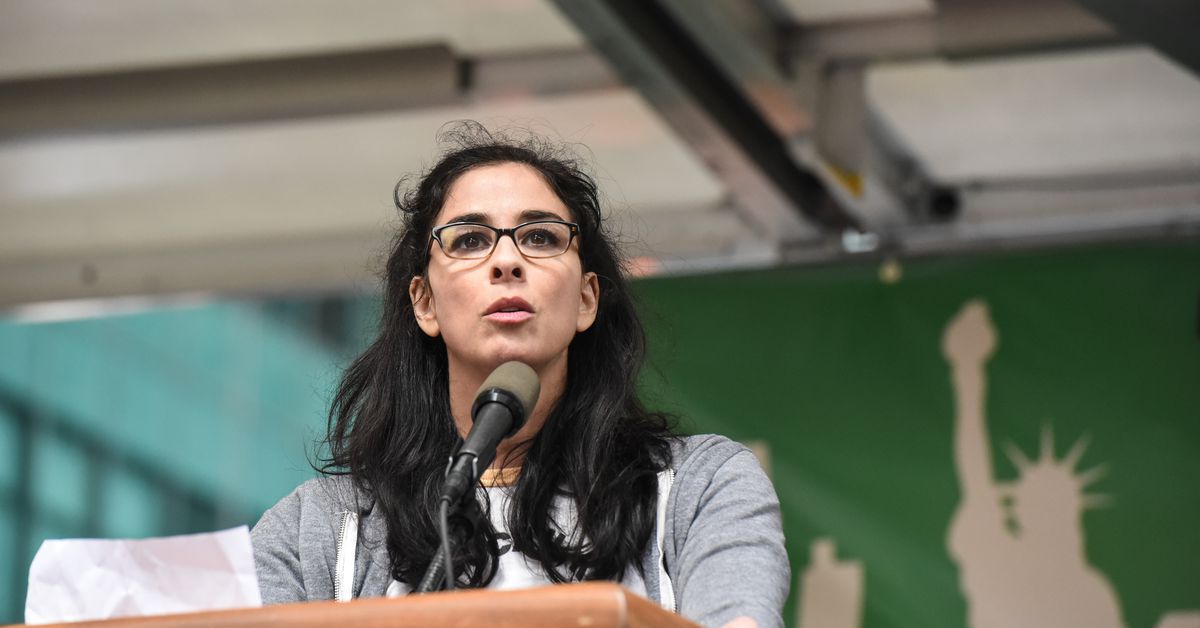- cross-posted to:
- technology@lemmy.world
- cross-posted to:
- technology@lemmy.world
Sarah Silverman, Christopher Golden, and Richard Kadrey are suing OpenAI and Meta over violation of their copyrighted books. The trio says their works were pulled from illegal “shadow libraries” without their consent.



Should those artists pay the other artists they studied?
Absolutely.
Unworkable copyright maximalist take that wouldn’t help artists but would further entrench corporate IP holders.
in design school, I had to pay for the books I bought which contained the images of the art. whomever owns those images got paid for the license to appear in the book. when I go to museums, I had to pay (by admission price or by the tax dollars that go into paying for the museum’s endowment), and that pays for the paintings/sculptures/etc.
whenever I saw or see art, in one context or another, there’s some compensatory arrangement (or it’s being/has been donated— in which case, it’s tax-deductible).
edit: then again, my work is not a remixed amalgam of all of the prior art I consumed— unlike AI, I am capable of creating new unique works which do not contain any of the elements of original works I may be seen or learned from previously. I am able to deconstruct, analyze, and implement nuanced constructs such as style, method, technique, and tone and also develop my own in the creation of an original work without relying on the assimilation and reuse of other original works in part or whole. AI cannot.
for this reason I find this a flawed premise— comparing what an artist does to what LLMs or AI do is logically flawed because they aren’t the same thing. LLMs can only ever create derivative works, whereas human artists are capable of creating truly original works.
In all those instances you paid for the physical resources.
These AI are just automating remix culture.
Human creations should be free for all of us to use where possible (e.g. material costs for say a book).